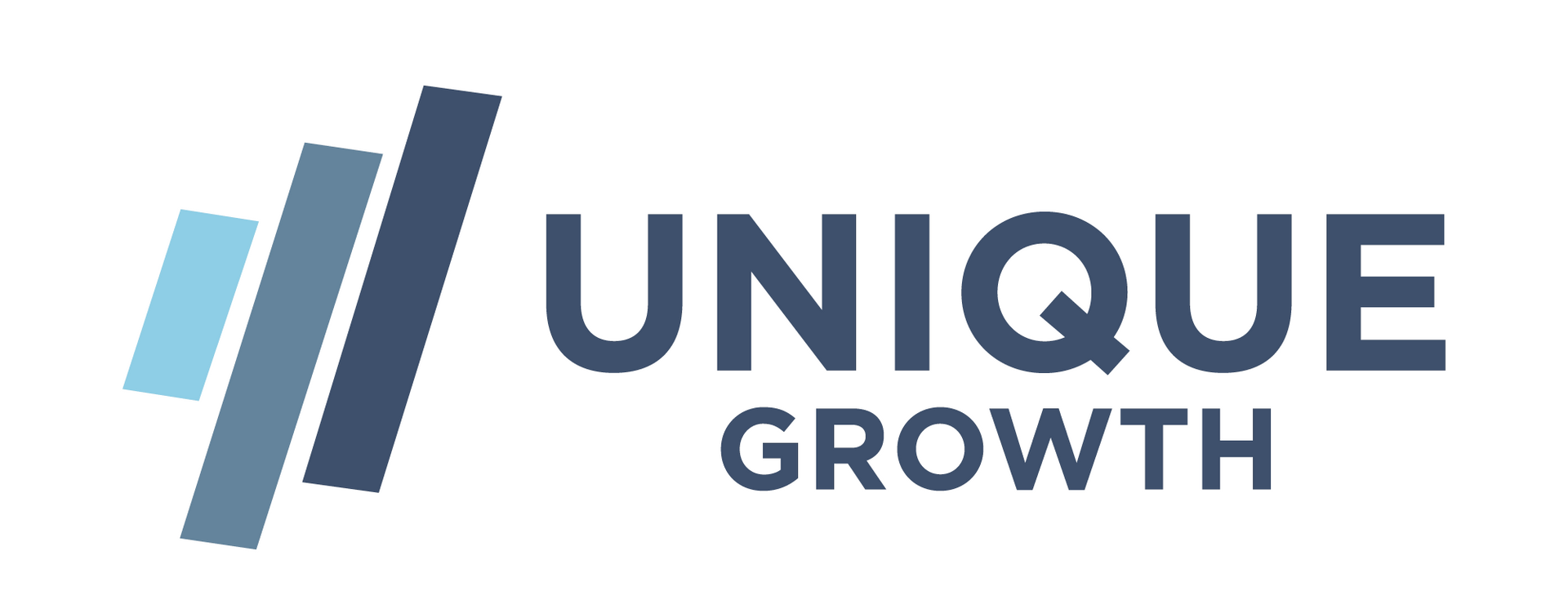Indexed Universal Life vs. 529 Plans: Which One Offers More Flexibility?
Indexed Universal Life vs. 529 Plans: Which One Offers More Flexibility?
When planning for your financial future, flexibility is key. Whether you're saving for education or looking to build long-term wealth, you need a plan that adapts to your needs. Indexed Universal Life (IUL) and 529 plans are both popular options, but their uses and benefits differ greatly. To make the best decision for your future, it’s important to understand which plan offers the flexibility you need for evolving financial goals.
What Is an Indexed Universal Life (IUL) Plan?
An Indexed Universal Life (IUL) plan is a type of permanent life insurance that offers both life insurance protection and the potential for cash value growth. The cash value grows based on the performance of a specific stock market index, such as the S&P 500, but with a built-in cap and floor that protect against extreme market volatility. Over time, you can borrow against the cash value, and it grows tax-deferred.
Who Can Use It?
Individuals seeking long-term financial flexibility.
Those who want both life insurance and an investment vehicle.
People who need a tax-advantaged savings option without restrictions on how the funds can be used.
What Is a 529 Plan?
A 529 plan is a state-sponsored savings plan designed specifically for education-related expenses. This plan allows parents or guardians to save for their child’s educational costs, including tuition, room and board, and in some cases, K-12 schooling. Contributions to a 529 plan grow tax-free, and withdrawals are also tax-free if they’re used for qualified education expenses.
Who Can Use It?
Parents or guardians looking to save for their child’s education.
Individuals who want to take advantage of tax-free growth for education costs.
Those confident that their savings will be used specifically for school-related expenses.
Comparing IUL Plans and 529 Plans
Although both plans offer significant tax benefits, they differ in flexibility and usage. Here’s a comparison:
Flexibility
IUL Plans: The main advantage of an IUL is flexibility. The cash value can be used for any purpose, such as retirement, education, or emergencies, with no restrictions. It also provides the added benefit of life insurance coverage.
529 Plans: While 529 plans offer tax-free growth, the funds must be used for qualified education expenses. If the funds are used for non-educational purposes, taxes and penalties apply.
Tax Benefits
IUL Plans: Contributions grow tax-deferred, and when structured properly, withdrawals or loans can be tax-free. Additionally, the life insurance payout to beneficiaries is typically tax-free.
529 Plans: Contributions also grow tax-free, but withdrawals are only tax-free when used for qualified education costs. Using the funds for other purposes triggers taxes and penalties.
Investment Control
IUL Plans: The cash value growth is tied to an index like the S&P 500, but it includes protection from market losses through caps and floors. This gives you some exposure to the market while limiting risk.
529 Plans: Investment options are more limited and are typically managed by the state or plan administrators. These pre-set portfolios are designed to maximize growth for education savings but offer less personal control.
Pros and Cons of IUL and 529 Plans
IUL Plan Pros
Flexibility: Use the cash value for any purpose.
Life Insurance: Offers both life insurance protection and savings growth.
Tax-advantaged growth: Provides tax-deferred growth with potential tax-free access to cash.
IUL Plan Cons
Higher fees: These plans often come with higher administrative and premium costs.
Complexity: Managing an IUL requires understanding of both life insurance and investment components.
529 Plan Pros
Education-focused: Offers tax-free savings dedicated to education expenses.
State tax benefits: In some states, contributions are deductible from state income taxes.
Simplicity: Easier to manage with pre-set investment options.
529 Plan Cons
Restricted use: Funds must be used for qualified education expenses or face penalties.
No insurance: Does not offer the added benefit of life insurance like an IUL plan.
Which One Is Right for You?
If your primary goal is to save specifically for education, a 529 plan may be the best choice, offering unmatched tax benefits for education-related expenses. However, if you’re looking for flexibility—whether for education, retirement, or other financial goals—a Indexed Universal Life (IUL) plan might be the better option. It provides the dual benefits of life insurance and unrestricted savings potential.
Secure Your Financial Future with Unique Growth
At
Unique Growth, we understand that every financial journey is unique. Whether you're considering an Indexed Universal Life (IUL) plan or a 529 plan, our experts can guide you to the solution that best fits your needs. Let’s help you create a strategy that offers flexibility, protection, and growth for the future.
Visit www.uniquegrowth.org or reach out to us today for tailored advice!










